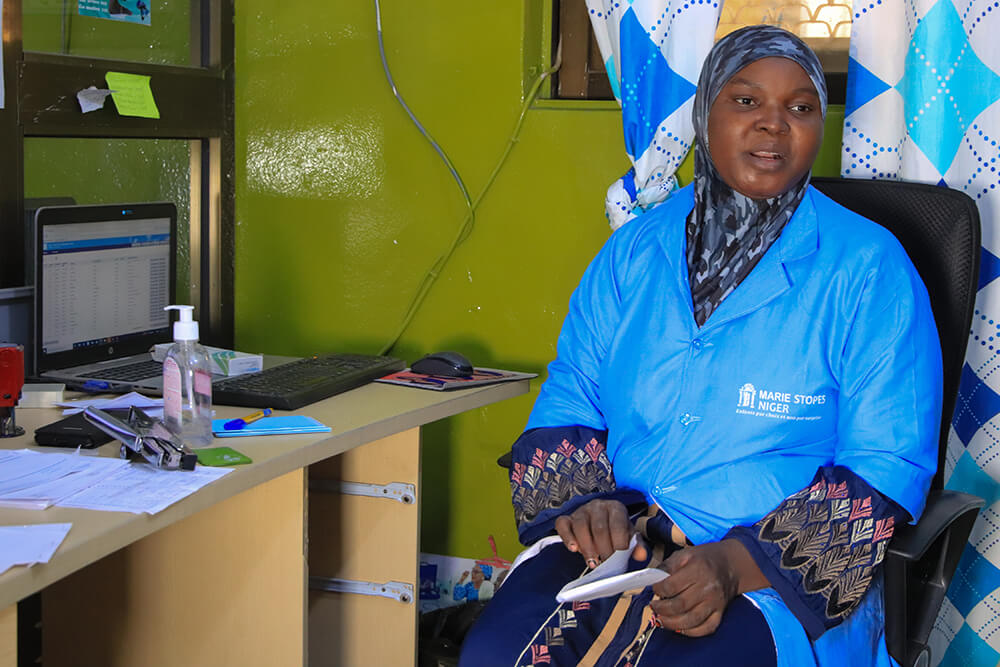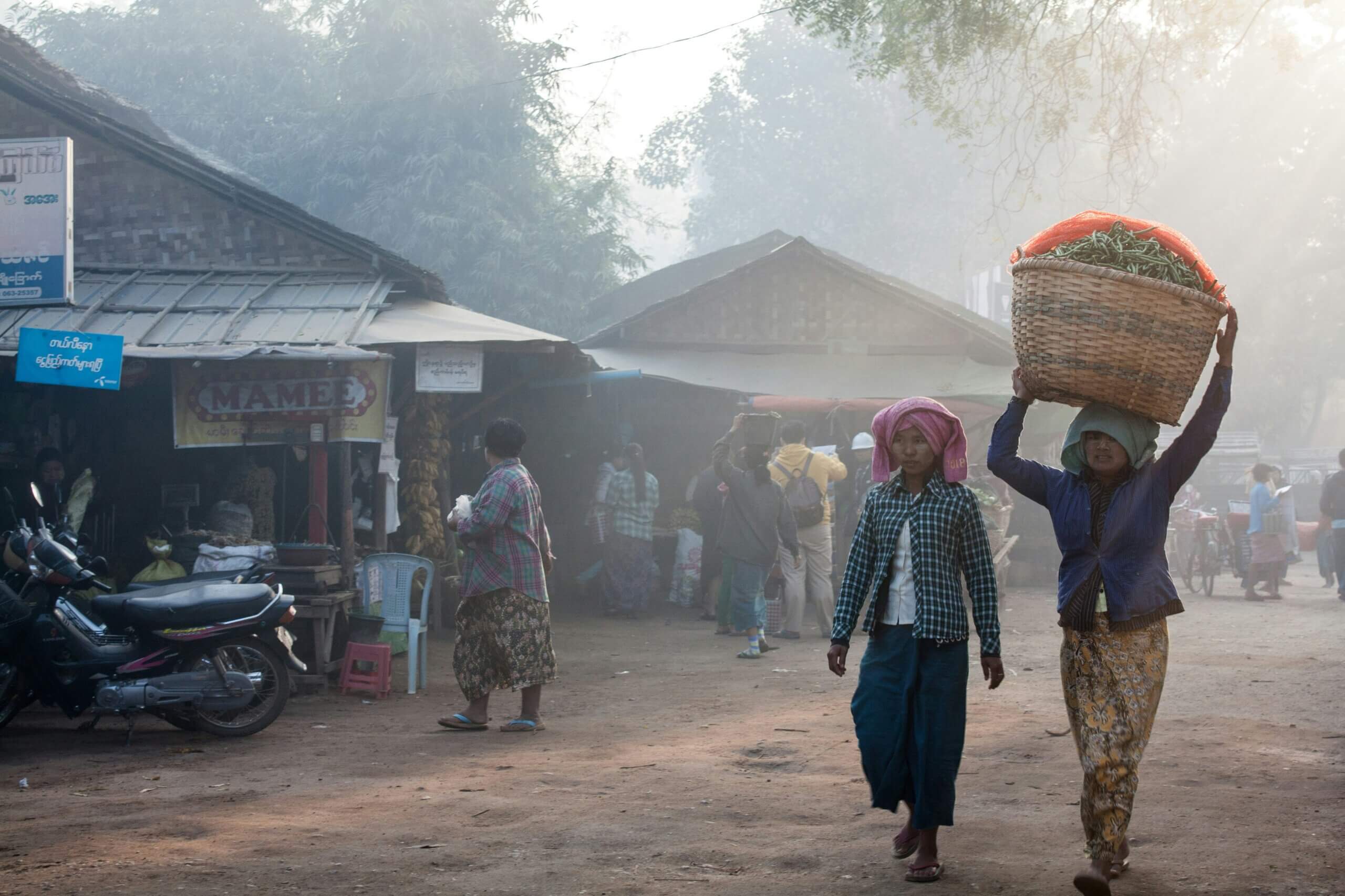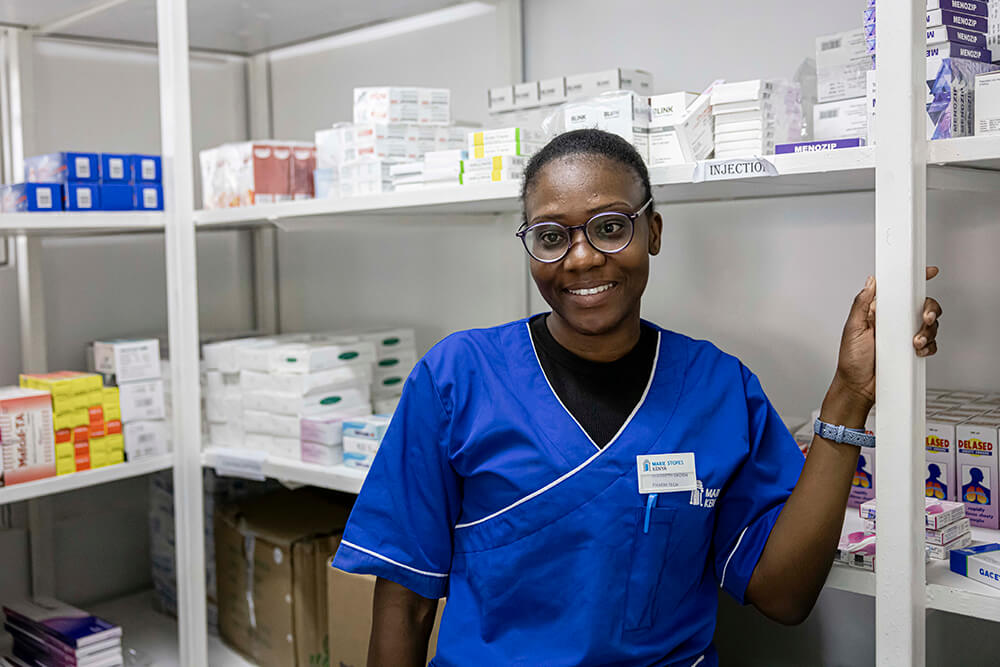Reducing maternal mortality in Senegal
For women in Senegal, pregnancy can be risky. The country has a maternal mortality rate of 261 deaths for every 100,000 births, compared to just 21 deaths per 100,000 births in the United States. In rural areas, the number of pregnancy-related deaths is even higher: As many as one in 19 women will die in childbirth.
Fortunately, pregnancy-related death shave decreased in Senegal over the past decade. One reason? Increased access to contraception, which helps women avoid unwanted pregnancies that would threaten their health.
Ndéye Fall had already had one difficult pregnancy. So when she became pregnant again, she was worried. “When I found out I was pregnant for the last time I was really angry at myself. I spent three months crying because I didn’t want to be pregnant again because I knew what was coming next.” After delivering her baby, she decided to start using contraception with support from MSI, taking control of her health.
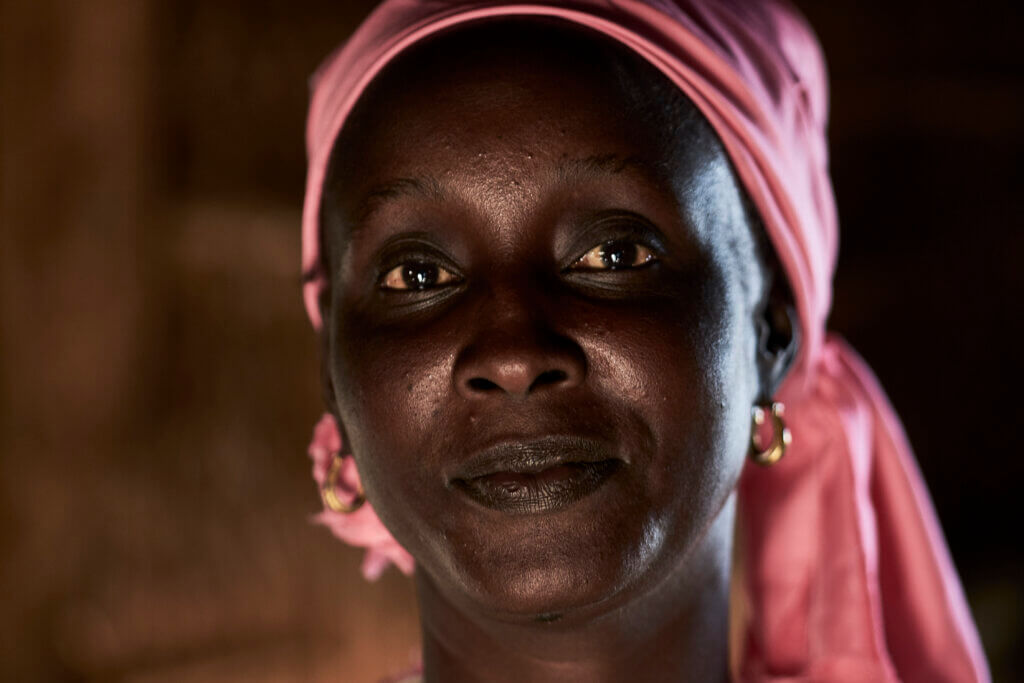
Lack of access to healthcare drives maternal mortality
In some ways, Ndéye was very lucky. She had access to a hospital in her hometown of Louga, a desert-like market town in northeastern Senegal. Her employer would sometimes give her extra money for medications. But she couldn’t always access the healthcare she needed.
“I was extremely tired, and I couldn’t go to the hospital because I couldn’t pay for the medicines that they would give me. It was very difficult for me to follow the prenatal consultations. After giving birth, I spent two years being really tired, without a drop of energy, and I had pain everywhere.”
When women can’t get to healthcare facilities or afford the care they need, they’re more likely to face potentially deadly pregnancy complications. For women in rural areas, the nearest hospital might be many miles away. Local health posts are often staffed only by a nurse. If issues arise during birth, the only option is to travel over treacherous roads for help. Even when women are near a hospital, like Ndéye, high-quality maternity care can be too expensive.
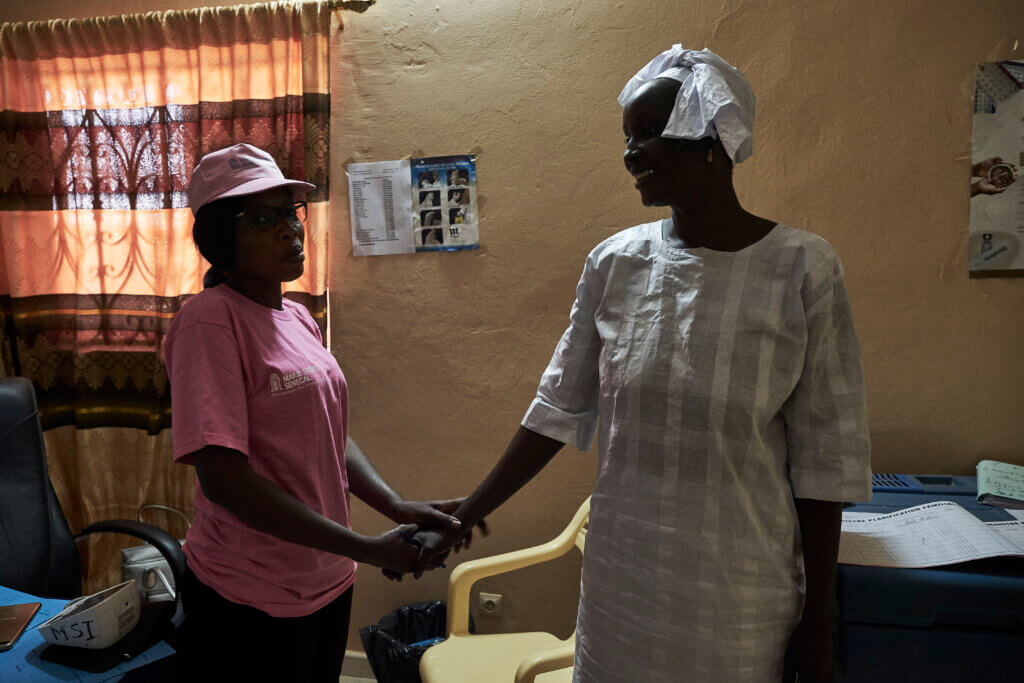
Contraception can help avert pregnancy-related deaths
Ndéye vowed that this pregnancy would be her last. At 35, she already had five children, ranging in age from 20 to 2. Her husband was frequently away working in Dakar, leaving her to care for the children. Her eldest daughter came to her with some advice: “She told me to get contraception to help me rest and take care of myself.”
Ndéye took a day off from work to visit the MSI center in town. She initially had concerns, but an MSI team member answered all her questions and helped her decide on the method that was best for her. “At first, I was scared to use family planning methods because there were a lot of rumors. But now that I understand family planning, I would have used it before, and had fewer children.”
When women can access contraception, they avoid the risks that come with pregnancy – and maternal mortality rates go down. In fact, the Guttmacher Institute estimates that if the United States increased its investment in family planning to the recommended $1.74 billion, it would prevent nearly 50,000 pregnancy-related deaths each year!
Across our 36 countries, MSI’s work averted 42,600 pregnancy-related deaths in 2022. With support from generous donors, we can help women like Ndéye avoid unintended pregnancies and plan for the future.
“I want my children to grow healthy and have some success, and to help me too. I want them to know about all the sacrifices I have been making, and that I made them by myself,” Ndéye told us. “I want to be more independent and to focus on my future.”
For Ndéye, access to choice was life-changing – and for many women, it’s life-saving.



